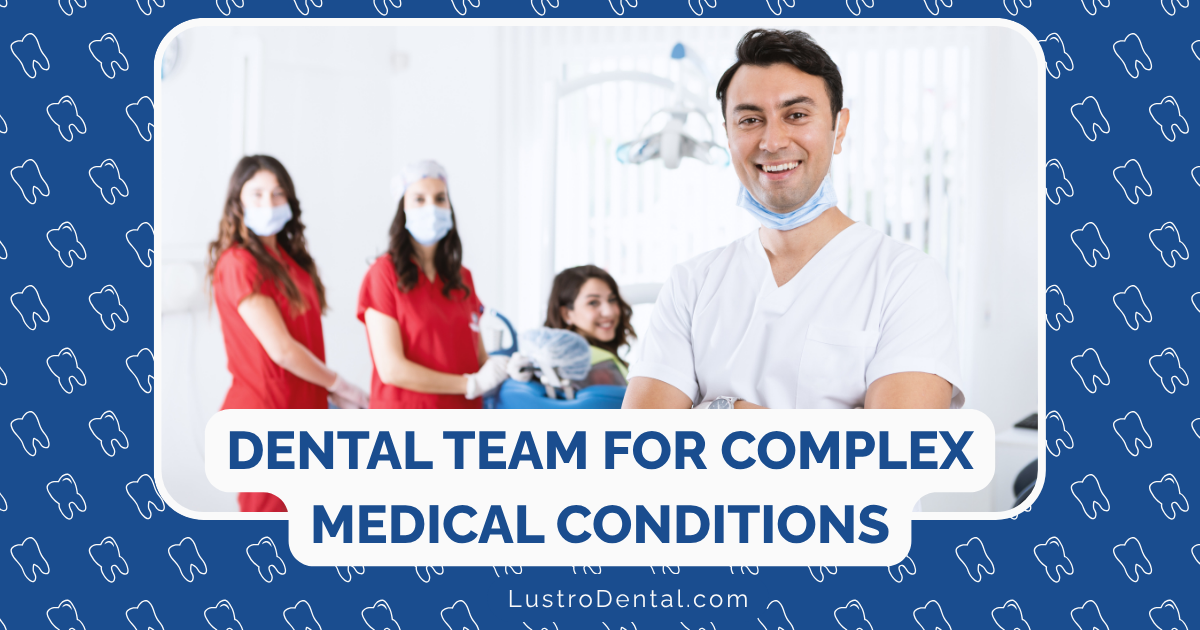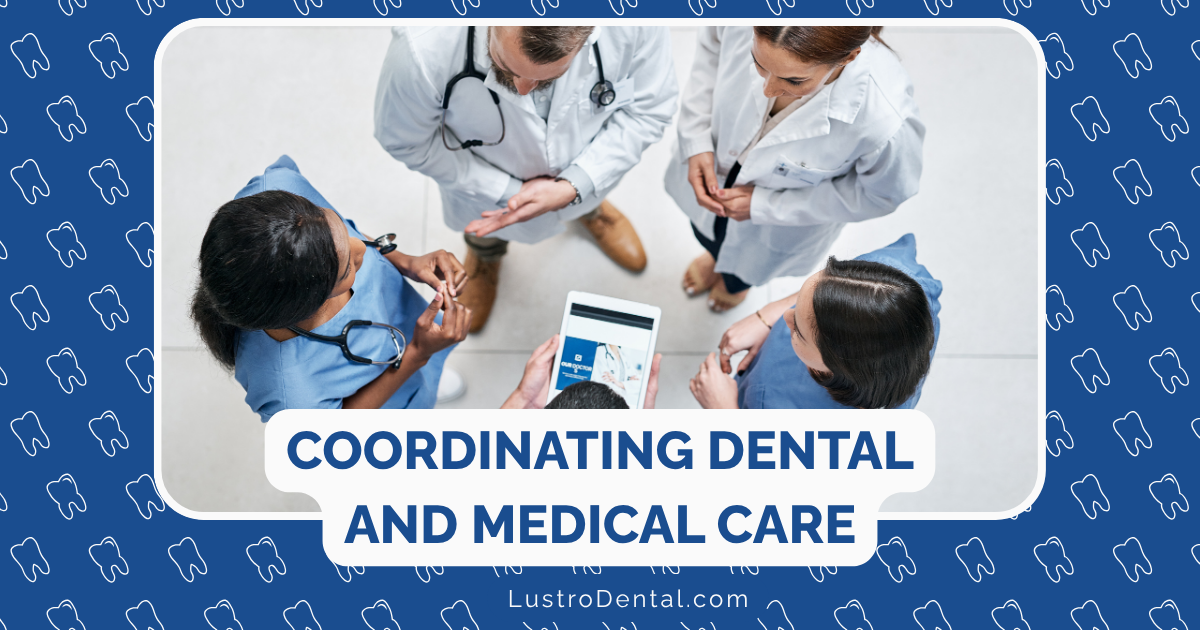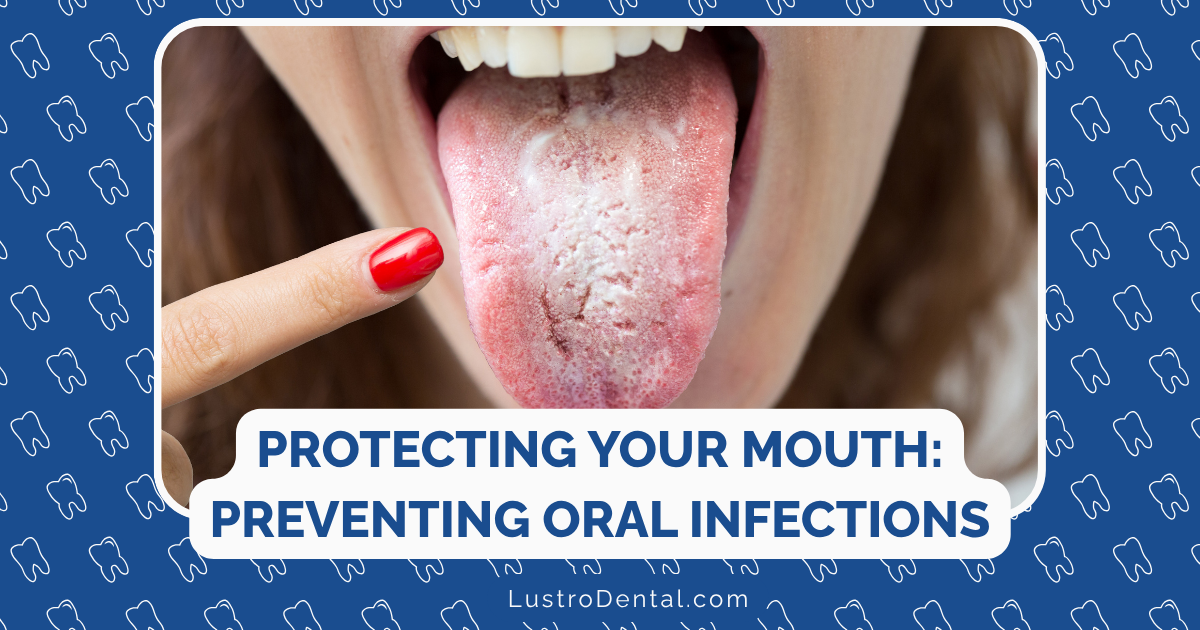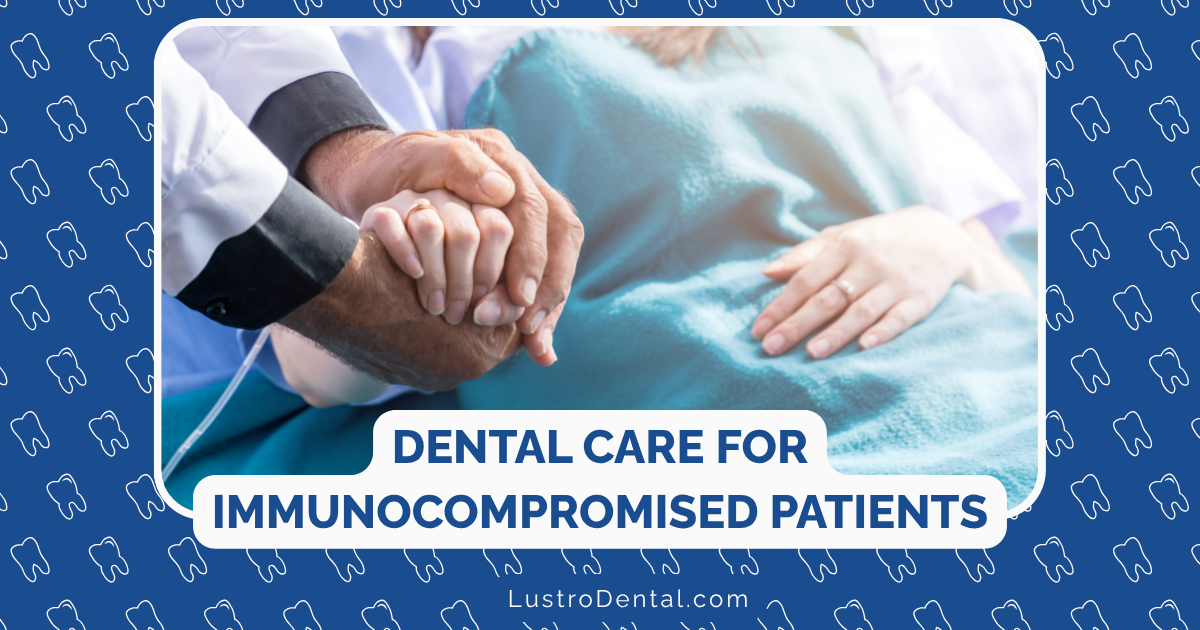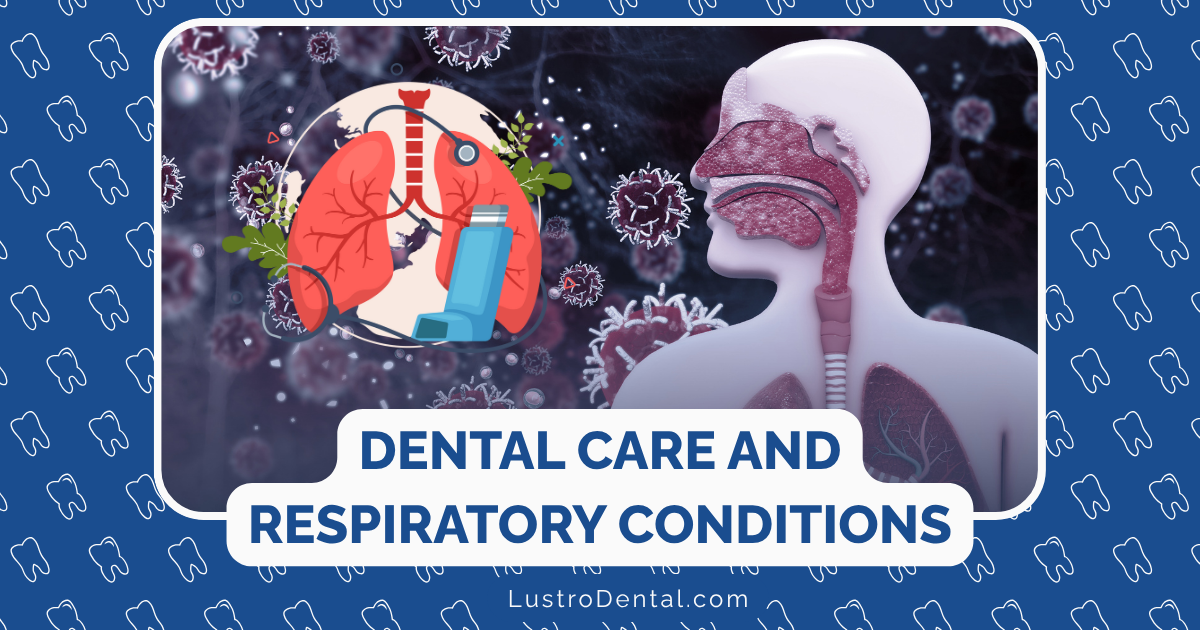Pregnancy Gingivitis: Why It Happens and How to Manage It
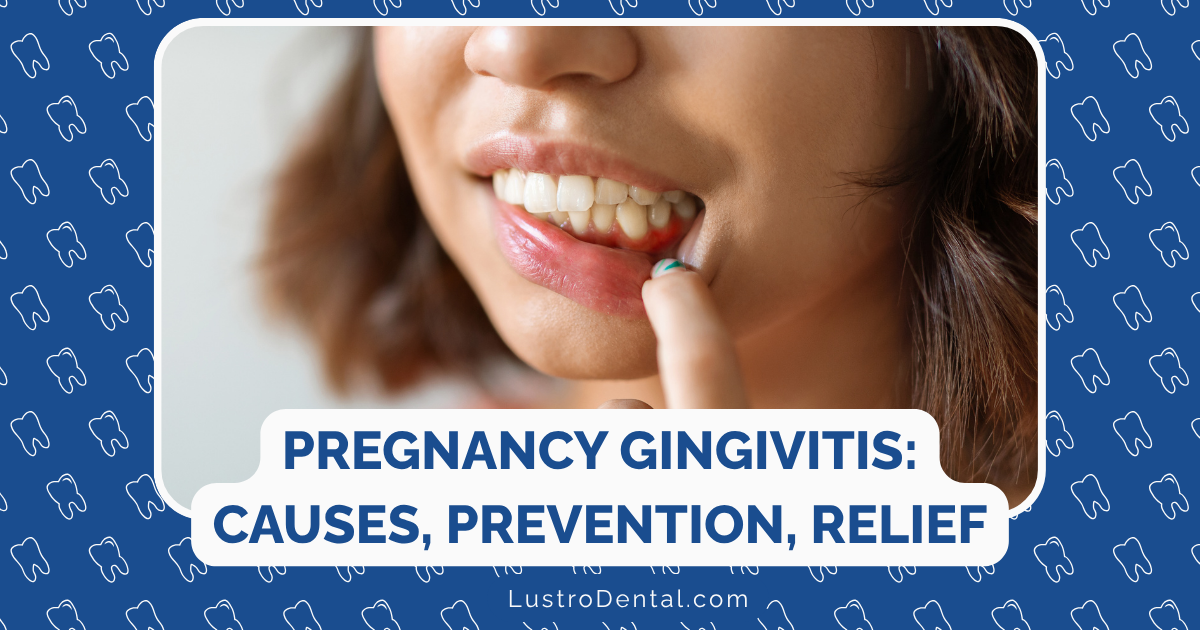
Pregnancy brings many changes to your body—some expected, others surprising. Among the less discussed but quite common changes is what happens to your gums. If you’ve noticed your gums becoming more sensitive, swollen, or bleeding more easily when brushing or flossing during pregnancy, you’re experiencing what’s known as pregnancy gingivitis.
As a dental health advocate who’s worked with many expectant mothers, I’ve seen firsthand how this condition can cause concern. The good news is that with proper understanding and care, managing pregnancy gingivitis can be effective, helping you maintain both your oral health and overall wellbeing during this special time.
What Is Pregnancy Gingivitis?
Pregnancy gingivitis is a form of gum inflammation that occurs during pregnancy. According to the Centers for Disease Control and Prevention (CDC), it affects approximately 60% to 75% of pregnant women, making it one of the most common oral health issues during pregnancy.
The condition typically begins around the second month of pregnancy, peaks during the second trimester, and may continue until delivery. While similar to regular gingivitis, the pregnancy version is uniquely influenced by the hormonal changes occurring in your body.
Common Symptoms Include:
- Bleeding gums when brushing or flossing
- Redness and swelling of the gum tissue
- Tenderness when touching your gums
- Shiny appearance to the gum surface
- Persistent bad breath
- Increased sensitivity when eating or drinking
Dr. Sarah Johnson, a periodontist specializing in pregnancy-related oral health, explains: “Many women are surprised by these symptoms, especially if they’ve maintained good oral hygiene. It’s important to understand that this is a normal response to pregnancy hormones and not necessarily a reflection of poor dental care.”
Why Pregnancy Triggers Gingivitis: The Hormonal Connection
The primary culprits behind pregnancy gingivitis are the hormones estrogen and progesterone, which increase dramatically during pregnancy. These hormonal changes affect your body’s response to plaque in several ways:
1. Enhanced Blood Flow
Pregnancy hormones, particularly progesterone, increase blood flow to all tissues, including your gums. This increased circulation can make your gums more sensitive and prone to swelling and bleeding.
2. Altered Immune Response
Your immune system undergoes modifications during pregnancy to protect the developing fetus. These changes can affect how your body responds to bacteria in dental plaque, potentially making your gums more susceptible to inflammation.
3. Bacterial Growth Changes
Research suggests that elevated progesterone levels can favor the growth of certain bacteria associated with gingivitis. Additionally, these hormones may change how your gum tissue responds to irritants like plaque.
4. Tissue Relaxation
The same hormones that relax the ligaments in your pelvis to prepare for childbirth can also affect the tiny fibers that hold your teeth in place, potentially making them feel slightly looser.
Dr. Michael Chen, a researcher in oral health during pregnancy, notes: “The hormonal fluctuations during pregnancy create a perfect storm for gum inflammation. Even women with excellent oral hygiene may notice some changes, though good habits can significantly minimize the effects.”
The Timeline of Pregnancy Gingivitis
Understanding when and how pregnancy gingivitis typically develops can help you anticipate and manage symptoms:
- First Trimester (Months 1-3): Symptoms may begin to appear as hormone levels start to rise.
- Second Trimester (Months 4-6): Gingivitis often peaks during this period, with the most noticeable symptoms.
- Third Trimester (Months 7-9): Symptoms typically continue but may not worsen.
- Postpartum: In most cases, gum inflammation resolves within a few months after delivery as hormone levels return to normal.
Is Pregnancy Gingivitis Harmful?
A common concern among expectant mothers is whether pregnancy gingivitis can harm their baby. Here’s what the research tells us:
Mild Gingivitis
Mild pregnancy gingivitis itself has not been shown to harm the developing fetus or cause pregnancy complications. It’s considered a normal physiological response to pregnancy.
Untreated Severe Gingivitis
However, if gingivitis progresses to periodontitis (a more severe form of gum disease involving bone loss), some research suggests potential links to:
- Preterm birth: Some studies have found associations between severe gum disease and delivering before 37 weeks.
- Low birth weight: Severe periodontal disease has been linked to babies born weighing less than 5.5 pounds.
- Preeclampsia: Research indicates possible connections between gum disease and this pregnancy complication.
It’s important to note that while these associations exist, a direct causal relationship hasn’t been definitively established. A review published in the Journal of the American Dental Association found that treatment of periodontal disease during pregnancy, while improving maternal oral health, has not consistently been shown to reduce adverse pregnancy outcomes.
Nevertheless, maintaining good oral health during pregnancy remains important for your overall health and comfort.
Managing Pregnancy Gingivitis: Safe and Effective Strategies
The good news is that pregnancy gingivitis can be effectively managed with proper care. Here’s a comprehensive approach:
Professional Dental Care During Pregnancy
Contrary to some misconceptions, dental care during pregnancy is not only safe but recommended:
- Regular dental check-ups: Schedule a dental appointment early in your pregnancy to establish a baseline and address any existing issues.
- Professional cleanings: These are safe throughout pregnancy and can help control plaque buildup.
- Timing considerations: While dental care is safe throughout pregnancy, the second trimester (weeks 14-20) is often considered ideal for non-emergency procedures.
According to the American College of Obstetricians and Gynecologists (ACOG), “Women should be counseled about the importance of oral health and the safety of dental services during pregnancy.”
Home Care Essentials
Your daily oral hygiene routine is your first line of defense against pregnancy gingivitis:
Brushing
- Brush thoroughly twice daily for at least two minutes using a soft-bristled toothbrush
- Consider an electric toothbrush, which may be more effective at removing plaque
- Use fluoride toothpaste approved by the American Dental Association (ADA)
- Pay special attention to the gumline, brushing gently at a 45-degree angle
Flossing
- Floss once daily to remove plaque between teeth
- Use a gentle sawing motion rather than snapping the floss, which can injure sensitive gums
- Consider floss holders or water flossers if traditional flossing becomes difficult
Rinsing
- Rinse with warm salt water (1 teaspoon of salt in 1 cup of warm water) to reduce inflammation
- Alcohol-free antimicrobial mouthwashes may help control plaque if recommended by your dentist
- Avoid alcohol-based mouthwashes during pregnancy
Dietary Considerations
What you eat affects both your overall pregnancy health and your gum health:
- Calcium-rich foods: Dairy products, fortified plant milks, leafy greens, and canned fish with soft bones support tooth and bone health
- Vitamin C: Citrus fruits, strawberries, bell peppers, and broccoli promote gum health
- Vitamin D: Supports calcium absorption and immune function
- Vitamin A: Helps maintain healthy gum tissue
- Limit sugary foods and drinks: Sugar feeds the bacteria that cause plaque
- Stay hydrated: Adequate water intake helps maintain saliva production, which naturally cleanses the mouth
Natural Remedies
Some natural approaches may complement your regular oral care routine:
- Salt water rinses: As mentioned above, these can reduce inflammation and promote healing
- Aloe vera gel: Applied topically, it may help soothe inflamed gums (use only food-grade products)
- Green tea: Contains antioxidants that may help reduce inflammation (limit caffeine intake as advised by your healthcare provider)
- Coconut oil pulling: Some women find this traditional practice helps, though scientific evidence is limited
Note: Always consult with your healthcare provider before trying natural remedies during pregnancy.
When to See a Dentist
While some gum changes are normal during pregnancy, certain symptoms warrant prompt dental attention:
- Severe bleeding that doesn’t improve with better oral hygiene
- Extremely swollen, red, or painful gums
- Gums that are receding from the teeth
- Persistent bad breath despite good oral hygiene
- Loose teeth
- Painful lumps or growths on the gums (pregnancy tumors)
- Difficulty eating due to gum pain
Pregnancy Gingivitis vs. Pregnancy Tumors
In some cases (about 1-5% of pregnancies), women may develop what’s called a “pregnancy tumor” or “pregnancy granuloma.” Despite the alarming name, these are not cancerous but rather an extreme inflammatory response to irritants like plaque.
These growths typically appear as red, raspberry-like lumps on the gums that may bleed easily. While they usually resolve after pregnancy, they can be removed by a dentist if they interfere with eating, speaking, or brushing.
Common Myths About Dental Care During Pregnancy
Several misconceptions persist about oral health during pregnancy:
Myth 1: “Pregnancy causes tooth loss”
Reality: The saying “gain a child, lose a tooth” is not based on fact. Pregnancy itself doesn’t cause tooth loss, though untreated severe gum disease can.
Myth 2: “The baby takes calcium from your teeth”
Reality: Your baby gets calcium from your diet, not your teeth. The calcium in your teeth doesn’t transfer to the developing fetus.
Myth 3: “Dental X-rays are unsafe during pregnancy”
Reality: With proper shielding (lead apron and thyroid collar), dental X-rays expose the fetus to minimal radiation and are considered safe when necessary.
Myth 4: “Dental treatments should be avoided during pregnancy”
Reality: Basic dental care is safe throughout pregnancy, and addressing dental problems promptly is better for both mother and baby.
After Pregnancy: What to Expect
For most women, pregnancy gingivitis resolves within a few months after delivery as hormone levels return to normal. However, maintaining good oral hygiene remains important, especially during the demanding early months of parenthood when self-care might take a backseat.
If you breastfeed, you may continue to experience some hormonal effects on your gums, though these are typically less pronounced than during pregnancy.
Real Stories: Managing Pregnancy Gingivitis Successfully
Sarah’s Experience
“During my second trimester, I noticed my gums bleeding every time I brushed. My dentist explained it was pregnancy gingivitis and recommended an electric toothbrush and more frequent cleanings. These simple changes made a huge difference, and by focusing on my oral care routine, I managed to keep the symptoms under control until after delivery.”
Maria’s Approach
“With my first pregnancy, I ignored my bleeding gums, assuming it was normal. By my third trimester, I had developed a painful ‘pregnancy tumor’ that needed treatment. With my second pregnancy, I was proactive—scheduling regular dental cleanings, using a water flosser, and doing salt water rinses daily. The difference was remarkable—just minor sensitivity instead of the severe problems I had before.”
Conclusion: A Proactive Approach to Pregnancy Gum Health
Pregnancy gingivitis, while common, doesn’t have to be a significant source of discomfort during your pregnancy journey. By understanding the hormonal changes behind it and implementing consistent oral hygiene practices, you can effectively manage symptoms and protect your overall health.
Remember these key points:
- Pregnancy gingivitis affects up to 75% of pregnant women due to hormonal changes
- Regular dental care is safe and important during pregnancy
- Daily brushing, flossing, and healthy dietary choices are your best defense
- Professional dental cleanings can help control plaque buildup
- Most symptoms resolve after delivery as hormone levels normalize
By taking a proactive approach to your oral health during pregnancy, you’re not only ensuring your own comfort but also contributing to your overall wellbeing during this special time. Your smile deserves care, even as you prepare to welcome your little one’s first smile into the world.
Have you experienced pregnancy gingivitis? What strategies worked best for you? Share your experiences in the comments below.


